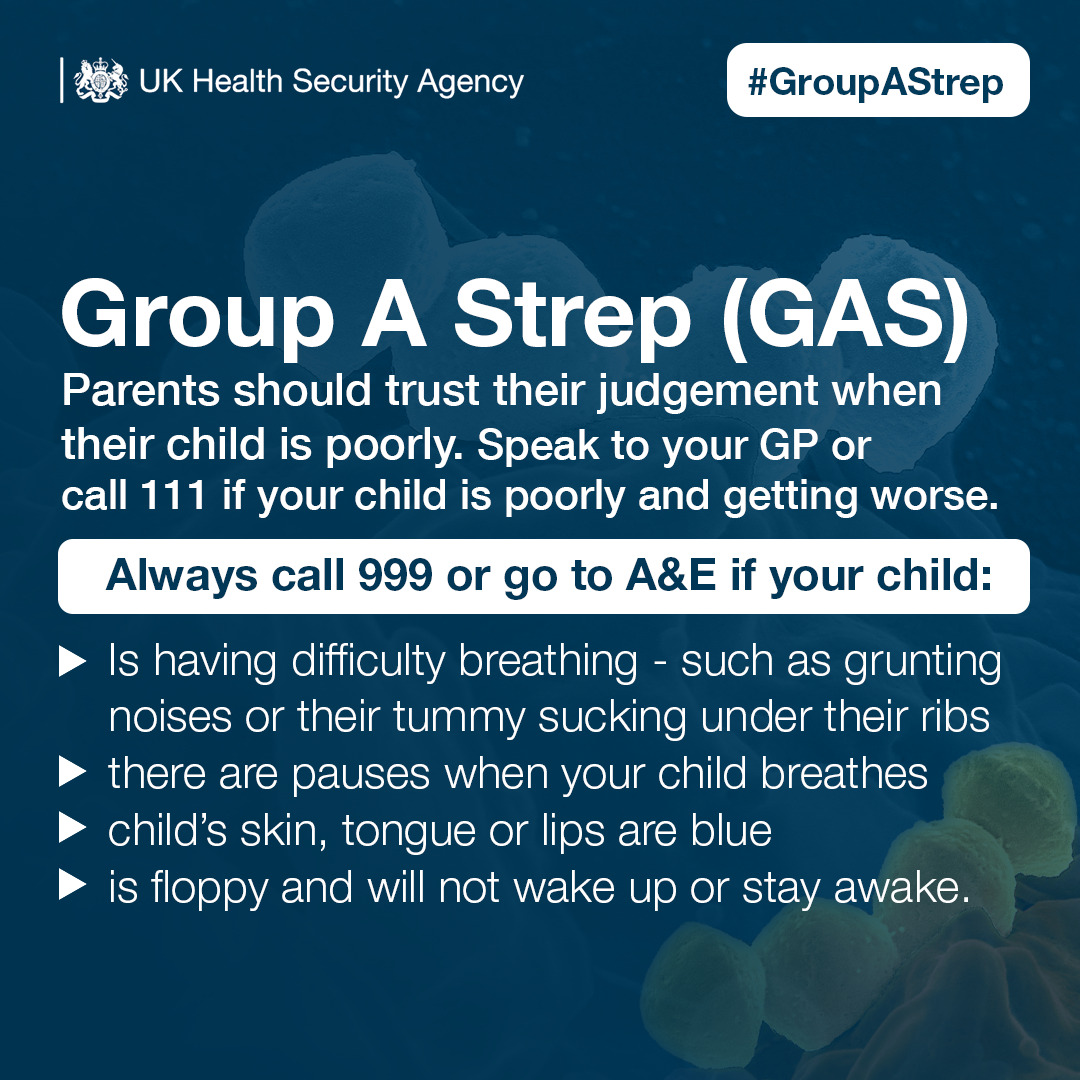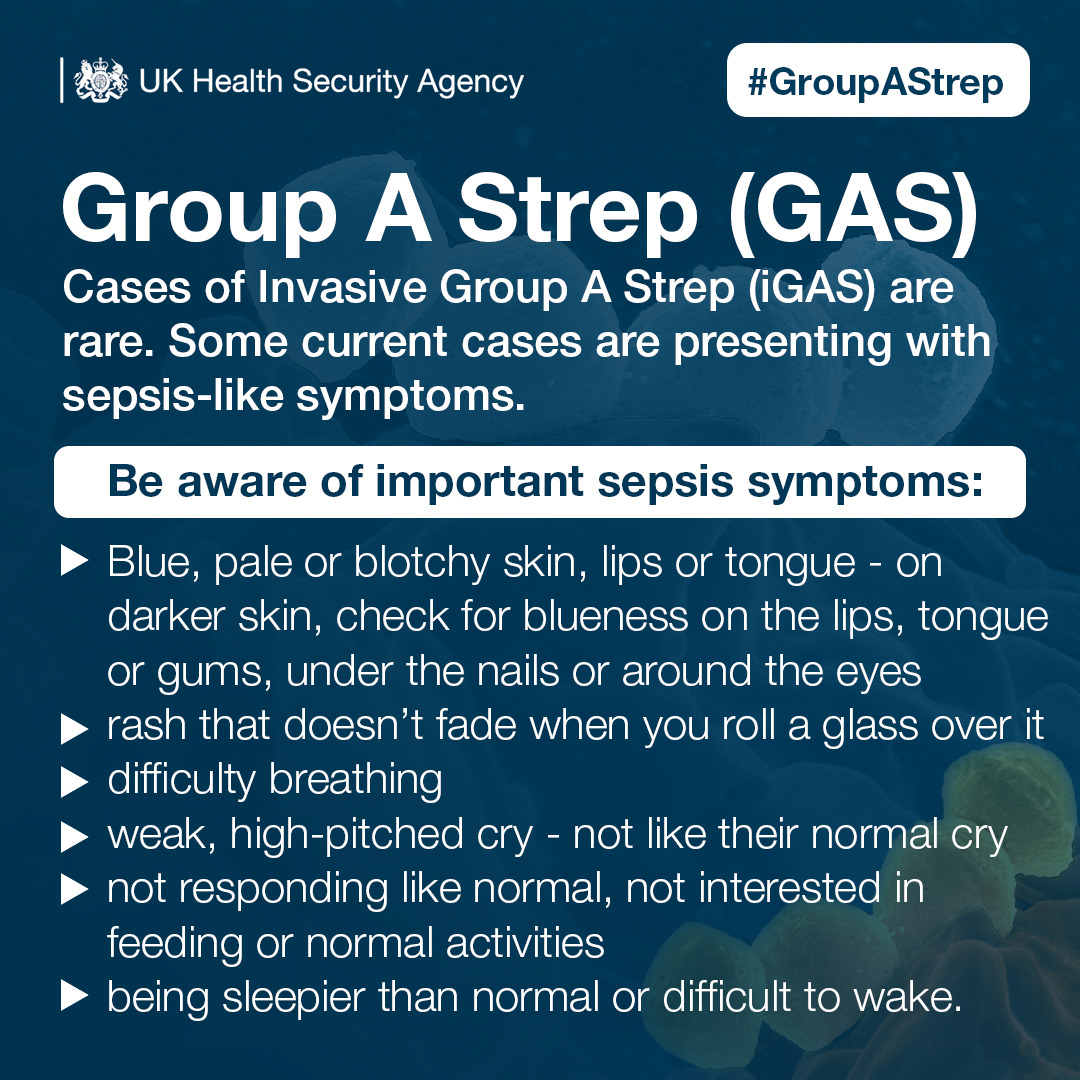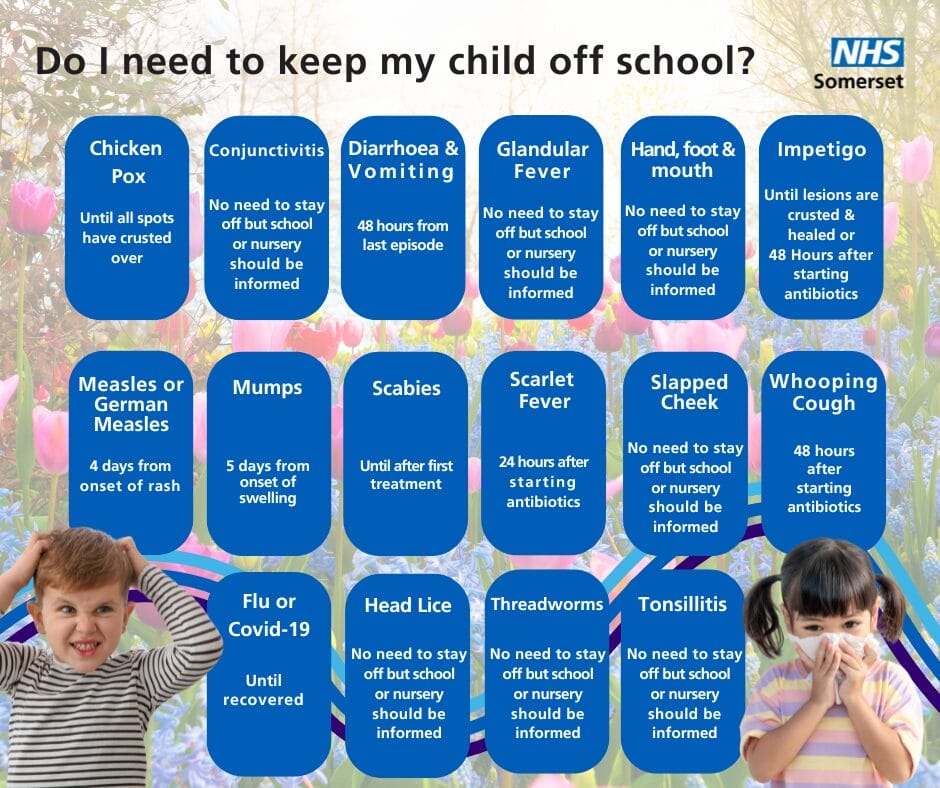Help with your children’s health
We know how frightening it can be when your child becomes ill and you aren't sure what to do.
Your community pharmacy is a great source of help with minor childhood conditions such eye and ear conditions, high temperatures, breathing difficulties.
You can also use 111 online to look up common illnesses and guidance on what you can do if your child is ill. You can also call 111 for advice.
The Handiapp provides a symptom checker to help you understand what may be wrong with your child.
And you can contact your GP for an appointment by phone or in person if your child may need treatment.
Remember you can always call 999 or go to A&E if you feel your child needs emergency care.
Learn more about (click to view):
Concerned your child is unwell?
If you need instant advice when your child is ill, why not try the free HANDi Paediatric App.
It can advise on where to go and what to do based on your child’s symptoms. Get expert advice for common childhood illnesses.
The HANDI app offers simple and straightforward advice, for the following conditions in children:
- diarrhoea and vomiting
- high temperature
- ‘chesty baby’ illnesses, such as bronchiolitis, asthma and croup
- ‘chesty child’ illnesses such as wheezing and asthma
- abdominal pain
- common newborn problems.
If your child is unwell and you’re not sure where to start, contact NHS 111 by calling 111 or online at 111.nhs.uk. They can assess your child’s needs and advise on what to do and where to go.
Call 999 in a medical emergency. This is when someone is seriously ill or injured and their life is at risk.
Find out more about the different type of health services in Somerset and how you can help choose the right service for your child’s needs on our choose well pages.
Bronchiolitis and RSV advice
Although most respiratory infections are not serious in the vast majority of children and clear up in 2-3 weeks, symptoms can still be worrying and can cause complications in some children.
Respiratory Syncytial Virus (RSV) can be more severe in:
- Premature babies
- Babies under 2 months
- Vulnerable infants with certain conditions (e.g. born prematurely or with a heart condition or respiratory illness) that increases their risk of acute respiratory tract infection.
If your child becomes breathless, has a persistent high temperature or isn’t feeding properly, contact NHS111 or your GP immediately.
Contact NHS 111 or your GP if:
- Your child has had a cold and it’s getting worse
- Your child is feeding or eating much less than normal
- Your child has had a dry nappy for 12 hours or more, or shows other signs of dehydration
- You’re worried about your child
- Your child has taken less than half their usual amount during the last 2 or 3 feeds, or they have had a dry nappy for 21 hours or more
- Your baby is under 3 months and has a temperature of 38C, or is older than 3 months and has a temperature of 39C or higher
- Your baby feels hotter than usual when you touch their back or chest, or feels sweaty
- Your child seems very tired or irritable.
Find out more about treating RSV.
Good hygiene can help reduce the spread of respiratory illnesses:
- Carry tissues and use them to catch coughs or sneezes
- bin the used tissues as soon as possible and wash your hands with soap and water to kill the germs
- keep children with flu or bronchiolitis symptoms at home and reduce contacts where possible.
Scarlet Fever advice
The latest data from the UK Health Security Agency (UKHSA) shows that scarlet fever cases continue to remain higher than we would typically see at this time of year.
Scarlet fever is usually a mild illness, but it is highly infectious. Therefore, look out for symptoms in your child, which include a sore throat, headache, and fever, along with a fine, pinkish or red body rash with a sandpapery feel. On darker skin, the rash can be more difficult to detect visually but will have a sandpapery feel.
Contact NHS 111 or your GP if you suspect your child has scarlet fever, because If your child has scarlet fever, keep them at home until at least 24 hours after the start of antibiotic treatment to avoid spreading the infection to others.


Gastroenteritis (tummy bugs) in children
Watch our video providing advice on tummy bugs on children.
Dr Leila Ellis, a Paediatric Doctor at Musgrove Park in Somerset talks about how you can help your child with Gastroenteritis (otherwise known as a tummy bug). She talks about what to expect, the best way to help your child manage and when to seek further help.
Advice on tummy aches in children
Dr Sarah Bridges, Paediatric Consultant at Musgrove Park hospital talks about tummy aches in children. Although most tummy aches usually go away on there own, in this short video, Sarah will explain when to be concerned and when seek medical help.
Fever in children
Dr Sarah Bridges, Paediatric Consultant at Musgrove Park hospital talks about fever in children. Fever can be especially common in the pre-school years. In this short video, Sarah will explain what signs you might see and when to seek medical help.
Flu vaccination
This year all children aged between 2-3 and all primary and secondary school children from reception to year 11 should receive the children’s flu vaccine . This is not only to stop them getting unwell with flu, but also to stop them spreading flu to other members of your family. If your child is at school, the school will arrange for them to be vaccinated.
The children’s nasal spray flu vaccine is safe and effective. It’s offered every year to children to help protect them against flu.
This year, it is especially important that your child receives their flu vaccine. By being vaccinated, your child is less likely to develop a flu-like illness (cough/fever).
If your child gets flu, they may need treatment in hospital and may transmit flu to other family members who may become unwell.
There are other groups of children with long-term health conditions that should have the flu vaccine every year. This includes children with weakened immune systems (including those on steroids or with problems with their spleen), chronic heart or lung problems, diabetes, asthma, chronic kidney or liver disease. It is especially important that these children are vaccinated because they have the greatest risk of becoming very unwell if they get flu.
If your child is aged between 6 months and 2 years and has a long-term health condition that makes them at higher risk from flu, they’ll be offered a flu vaccine injection instead of the nasal spray.
More information on the children’s flu vaccination.
COVID-19 vaccination
Children aged 5 to 17 in England are now being offered the COVID-19 vaccine. You can read the information on the government website .
Read information on how to get the COVID-19 vaccination in Somerset.
Childhood vaccinations
It is important that vaccinations are given on time for the best protection. The NHS vaccination schedule for children can be found on the NHS website.
Should my child go to school/nursery today?

It can be difficult to know when you need to keep your child off school or nursey. Your school or nursery will have a sickness policy which should provide details of when you should keep your child off school and how long for.
Here we’ve provided some general information for you.
Flu: Children should go back to school when recovered. Find out more about the flu vaccine for children.
Coughs and colds: If your child has a cold and is otherwise well, they can usually attend school or nursery. Advice on treating colds in children.
COVID-19: if your child has symptoms of COVID-19 follow the guidance on COVID-19.
Diarrhoea and vomiting: Children can usually return to school or nursery 48 hours after the last episode of diarrhoea and vomiting. Advice on treating diarrhoea and vomiting.
Chickenpox: chickenpox are generally infectious from 2 days before the rash appears to 5 days after the onset of the rash. Most settings ask that you keep you child home for 5 days, but all spots should have crusted over before children return to nursery or school. Advice on treating chickenpox.
For more advice on when to send your child to school or nursery visit NHS England's website.


